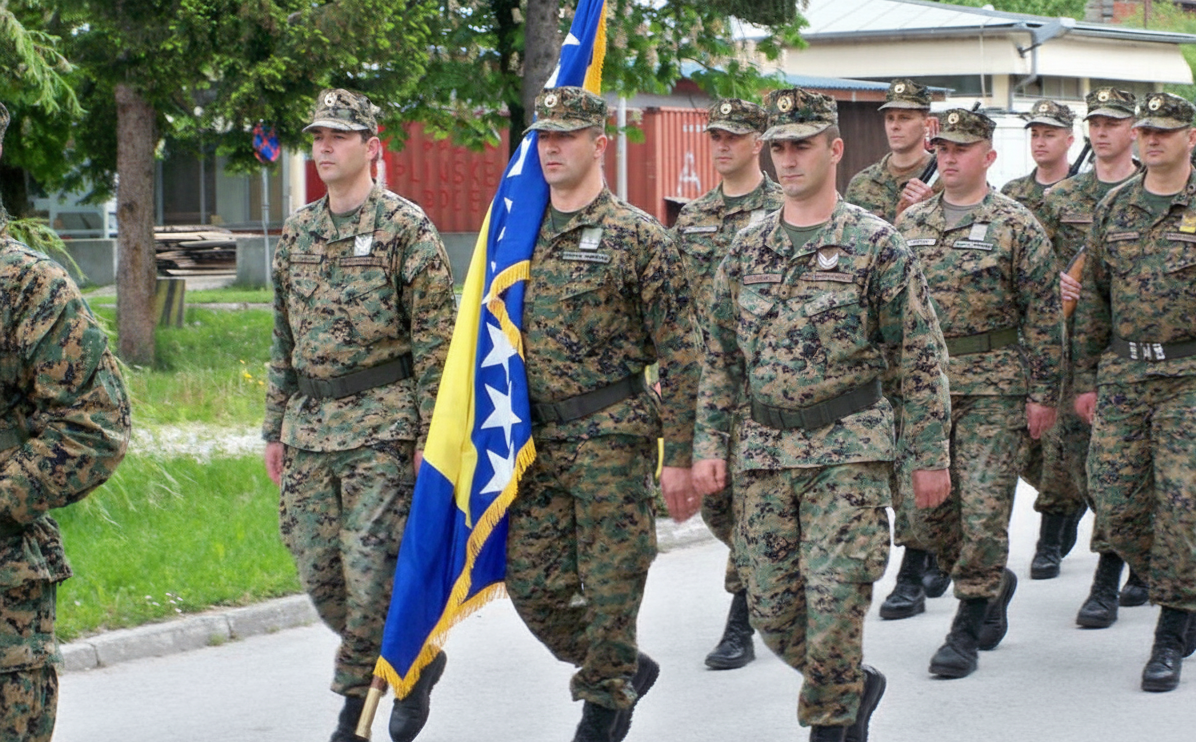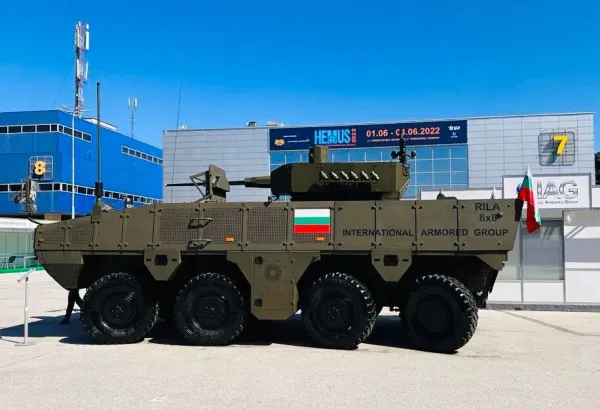As Neighbors Reintroduce Conscription, Bosnia Remains Militarily Paralyzed
As Croatia and Serbia revive conscription and expand their military capabilities, Bosnia and Herzegovina’s armed forces face shrinking budgets, political obstruction, and a growing inability to defend the country.

While Croatia and Serbia strengthen their militaries and move toward reintroducing conscription, Bosnia and Herzegovina remains unable to even open the discussion. Political obstruction, underfunding, and divided interests have left the country’s defense system effectively paralyzed.
Croatia will reintroduce mandatory military service starting January 1, 2026, with a two-month training period. Serbia has also been considering reinstating its own draft for several years as part of a broader modernization and rearmament effort. Both countries have significantly increased defense spending, investing in new equipment, training, and domestic production capacities.
In Bosnia and Herzegovina, however, defense reform has stalled. The Ministry of Defense’s budget this year is lower than last year’s, and there are no major investments or modernization projects for the Armed Forces of Bosnia and Herzegovina (OSBiH).
Dr. Jahja Muhasilovich, professor of international relations and geopolitics, argues that political parties representing Serbian and Croatian interests are deliberately preventing progress on this issue.
“Croatia and Serbia are constantly arming themselves, while in Bosnia this process is blocked by parties that serve external interests,” he said. “By rejecting mandatory military service and preventing an adequate defense budget, they are effectively disarming the country and ensuring that Bosnia would be unable to defend itself in the event of a crisis.”
Military analyst Duro Kozar believes that introducing conscription in Bosnia would make sense in principle — but in practice, it is impossible under the current political setup.
“A four- to six-month service would be ideal to teach young men basic military skills,” he noted. “But given the obstruction by officials from Republika Srpska, who oppose even the existence of the Armed Forces, it remains a mission impossible.”
Kozar added that Bosnia’s defense budget is already insufficient to cover essential needs, let alone reintroduce conscription.
“Without donations from partner countries, the OSBiH wouldn’t have adequate weapons or equipment — not even for peacekeeping missions,” he said.
Defense analyst Nedzad Ahatovich agrees that Bosnia’s political fragmentation makes any serious defense reform unrealistic.
“Reintroducing conscription requires consensus and significant annual funding — something Bosnia doesn’t have even for basic military operations,” Ahatovich explained. “Meanwhile, Serbia and Croatia are engaged in an arms race where conscription is just one piece of a broader, costly political and military competition.”
As neighboring states expand their armies and modernize their arsenals, Bosnia and Herzegovina remains trapped in political paralysis — unable to defend itself, unable to reform, and increasingly left behind in a rapidly rearming region.





